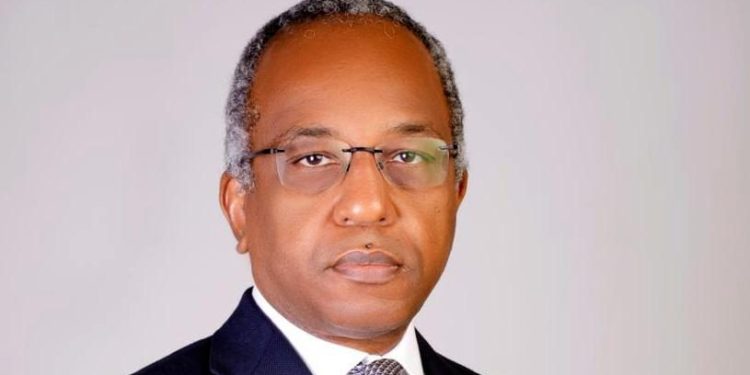The Governorship candidate of the ADC in the March 18 gubernatorial election in Lagos State, Funsho Doherty, has expressed concerns over the recently
The Governorship candidate of the ADC in the March 18 gubernatorial election in Lagos State, Funsho Doherty, has expressed concerns over the recently announced partnership between the Lagos State Government and Oando, in which the latter is to deliver electronic vehicles for the state.
Doherty in an open letter to the State’s Office of Public-Private Partnerships said the deal lacks transparency as information regarding details of the partnership were not released to the public.
He also expressed concern that the partnership did not follow the state’s law regarding PPP, which states that such concession must be approved by the State’s Assembly.
According to Doherty, the partnership has taken off without recourse to the State’s law.
Issues of public concern:
Highlighting the fears over the deal, which he described as ‘issues of public concern, Doherty in the letter said:
“Last week, Oando PLC, a private sector company, announced that it has commenced implementation of a Public Private Partnership (PPP) arrangement with the Lagos State Government through the Lagos Metropolitan Area Transport Authority (LAMATA). This partnership with LASG was confirmed by the Lagos State Governor in a Statement on the Subject. These developments raise a number of issues that are of grave public concern:
1. There is very limited transparency around this PPP initiative. Given its proposed scale, public significance, potential cost, and possible impact, the disclosures made by LASG are manifestly inadequate.
2. The terms of the MOU entered into by LASG with Oando have not been disclosed, including whether it is binding or non-binding, and what commitments are being made by, or required of, either party under the MOU and/or any subsequent and related agreements.
In his third concern, Doherty cited some laws of the states that stipulate that:
The Office of Public-Private Partnerships (PPP office) is mandated to ensure that PPPs for the provision and development of public infrastructure or public assets in the state are in accordance with prevailing Government policy and public interest.
Concession Agreements are subject to approval by the House of Assembly. Concession Agreements are defined in the PPP law as any agreement between the Government and any person, firm, company or limited liability partnership for the construction, maintenance, operation, or management of public infrastructure, assets and facilities over an agreed period of time.
Both the PPP office and LAMATA fall within the designation of procuring entities under the LASG public procurement law which generally provides for open competitive processes for significant procurements of goods and services.
According to him, it is not evident from the information so far disclosed in the public domain, that these laws and provisions relating to PPPs were either complied with or not applicable, prior to commencing this partnership.
“It is alarming that, according to the recent disclosures, the partnership is now considered to have moved forward into a pilot operational phase, by virtue of Oando having taken delivery of some buses and other operating infrastructure,” he said.
The Governorship candidate also queried Oando’s corporate governance issue, citing its recent case with the Securities and Exchange Commission (SEC).
The partnership:
Oando in its corporate disclosure filed with the NGX Group, said the PPP, which builds on a Memorandum of Understanding (MOU) it signed with Lagos State last year, provides for Oando to deploy an Electric Vehicle and Infrastructure Ecosystem including electric mass transit buses, charging stations and other supporting infrastructure.
The Company anticipated that it may ultimately roll out up to 12,000 buses and will transition the current combustion mass transit buses to electric, starting in Lagos State and eventually across the country.
Oando Group’s Chief Executive, Adewale Tinubu commented that “Public Private Partnerships have been critical to getting the project to this point and will continue to fuel our expansion across the entire country.”
